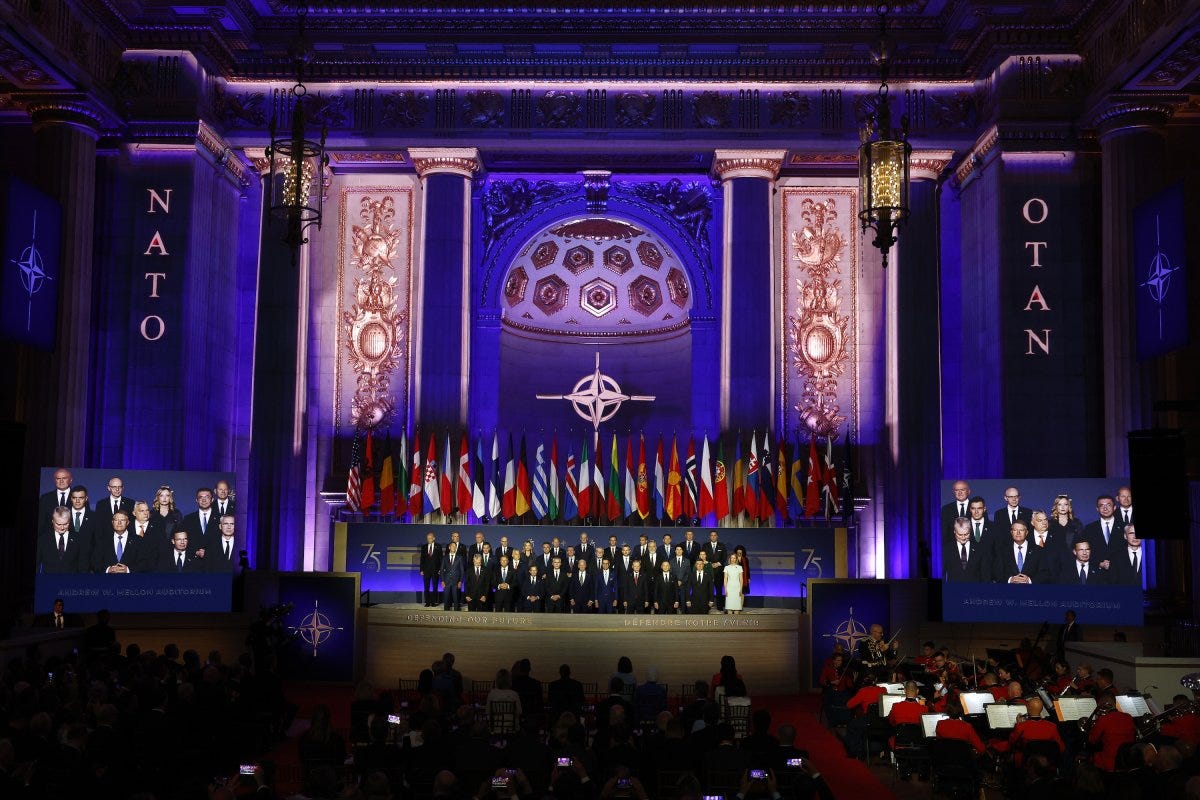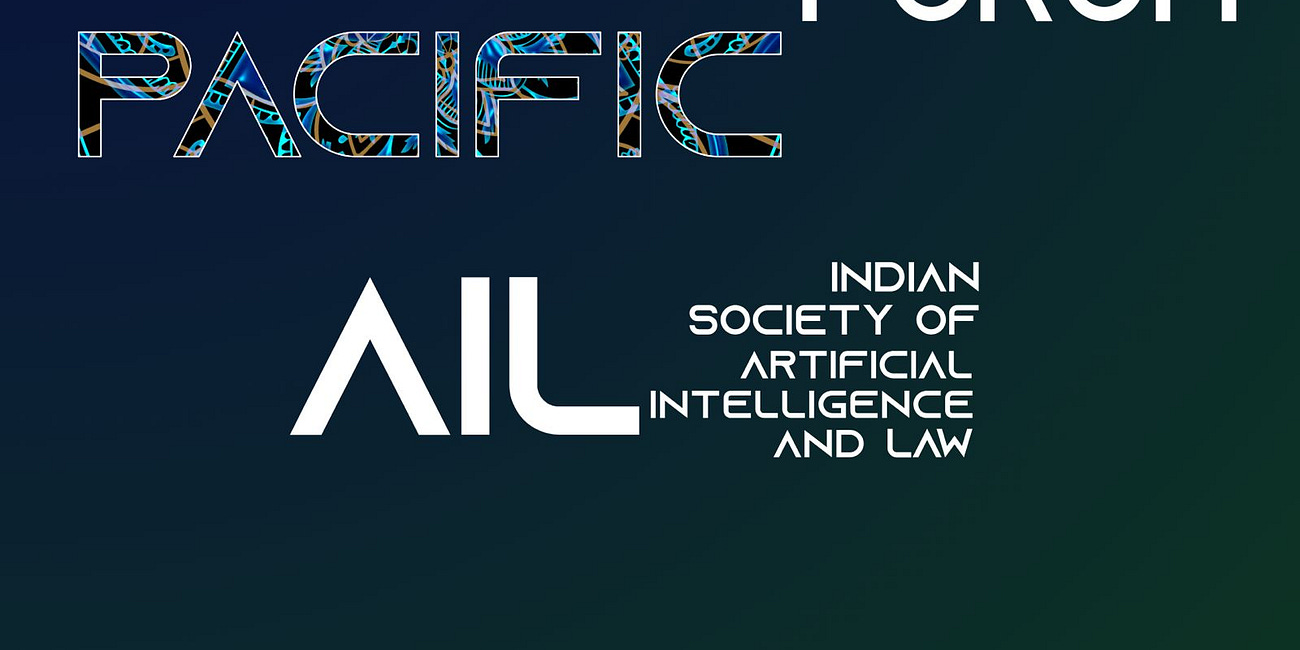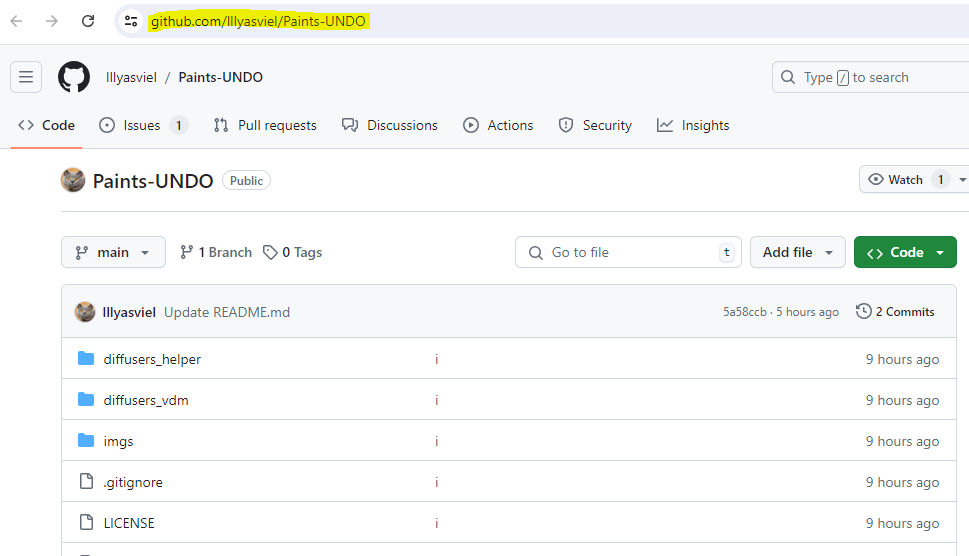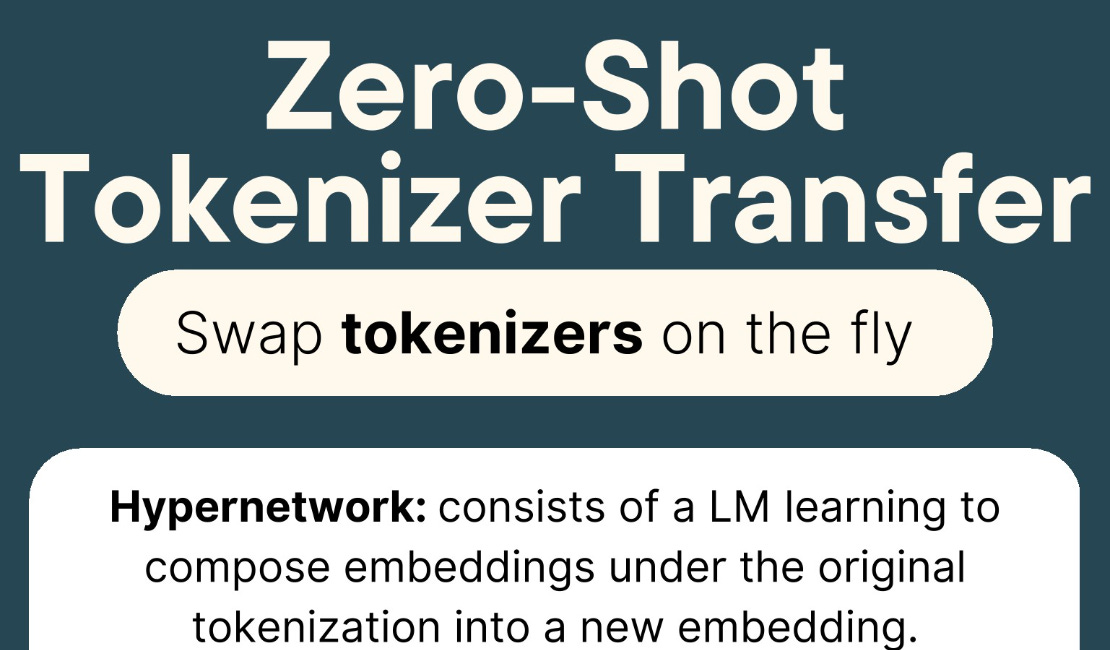In his insightful article for Newsweek, Mohammed Soliman, Distinguished Expert at the ISAIL Advisory Council argues that NATO is beginning to show signs of aging and urgently needs reform to remain effective in the modern geopolitical landscape. Here’s a detailed discussion of his key points and the broader implications.
Key Points from the Article
Historical Context and Evolution: Soliman highlights NATO's historical significance, emphasizing its foundational role during the Cold War as a collective defense mechanism against the Soviet Union. However, he points out that the world has drastically changed since NATO’s inception, and the alliance must evolve to address new threats.
Emerging Threats: The article identifies several emerging threats that NATO is currently ill-equipped to handle, including cyber warfare, terrorism, and the strategic ambitions of non-state actors and new global powers like China. Soliman argues that NATO’s traditional military-centric focus needs to expand to include these multifaceted security challenges.
Structural and Strategic Reforms: Soliman advocates for structural reforms within NATO to enhance its agility and responsiveness. This includes modernizing command structures, improving decision-making processes, and fostering greater unity among member states. He also calls for strategic reforms to broaden NATO's scope beyond traditional military defense to incorporate cyber defense and other non-military domains.
Member State Contributions: A critical point in the article is the uneven contributions of member states to NATO’s collective defense budget. Soliman stresses the need for fairer burden-sharing to ensure the alliance's sustainability and effectiveness. He suggests that all members must commit to their financial obligations and invest in modernizing their military capabilities.
Future Directions: Looking ahead, Soliman envisions a reformed NATO that is better integrated and capable of addressing both traditional and non-traditional security threats. He proposes a forward-looking agenda that includes stronger collaboration with tech companies and international institutions to combat cyber threats and disinformation campaigns.
Implications for Global Security
Adaptation to Modern Threats: Soliman’s call for NATO to adapt to modern threats underscores the dynamic nature of global security challenges. By integrating cyber defense and other modern strategies, NATO can better protect its member states in an increasingly digital and interconnected world.
Enhanced Unity and Collaboration: The emphasis on unity and fair burden-sharing among member states highlights the importance of solidarity in international alliances. A more equitable distribution of responsibilities can enhance NATO’s overall strength and deterrence capabilities.
Broader Security Agenda: Expanding NATO's agenda to include non-military aspects of security, such as combating disinformation and cyber attacks, reflects the complex nature of contemporary threats. This holistic approach is crucial for maintaining global stability and protecting democratic institutions.
For a more comprehensive understanding of Mohammed Soliman's arguments and recommendations, you can read the full article on Newsweek here.
Disclaimer: This newsletter post is based on the original article by Mohammed Soliman on Newsweek and is shared for educational purposes. The content reflects the analysis and views of the original author.
More Updates from ISAIL
Indian Supreme Court Decision on Arbitration Award
In a landmark decision, the Indian Supreme Court recently addressed the issue of overturning arbitration awards in the case of Delhi Metro Rail Corporation v. Delhi Airport Metro Express Pvt. Ltd. This decision sheds light on the complexities and legal intricacies involved in challenging arbitration awards within the Indian legal framework.
Developers Lose GitHub Copilot Copyright Case Again: Implications for the Future of AI-Assisted Coding
In a significant development reported by Techzine, developers have lost the GitHub Copilot copyright case once again. This ruling has substantial implications for the future of AI-assisted coding and raises important questions about copyright and intellectual property in the digital age.
Introducing Paints-UNDO: A Revolutionary AI Model for Digital Art
We are thrilled to share an exciting development in the field of AI and digital art posted by Ashutosh Srivastava (@ai_for_success) on X. Paints-UNDO is a groundbreaking AI model that simulates the creative process of digital artists by working backwards from a finished image to reveal the steps an artist might have taken to create it.
The Importance of Zero-Shot Tokenizer Transfer for AI Policy
A recent LinkedIn post by Marcel Marais, titled "Zero-Shot Tokenizer Transfer Overview", delves into a fascinating development in natural language processing (NLP) and AI technology: zero-shot tokenizer transfer. This concept is pivotal for advancing AI models' capabilities and has significant implications for AI policy makers.
The Long-Run Costs of Highly Competitive Exams for Government Jobs
Introduction Public sector recruitment exams are a common method used globally to select government employees. These exams are known for their high competitiveness, especially in countries where public sector jobs are significantly more valuable than private sector ones. A recent study by Kunal Mangal, published in the









